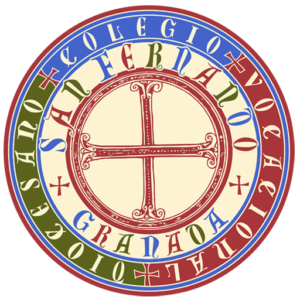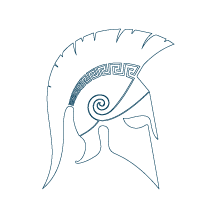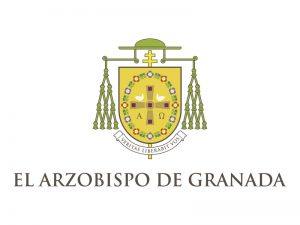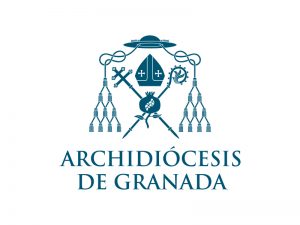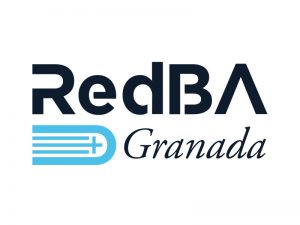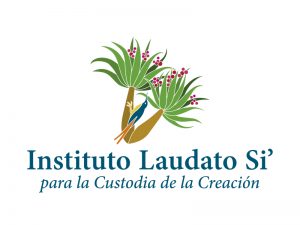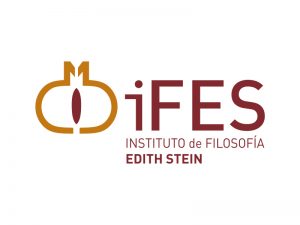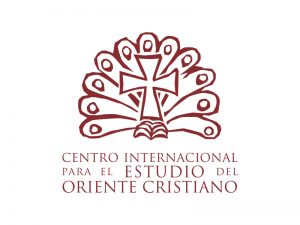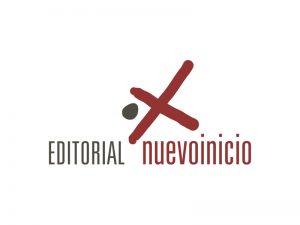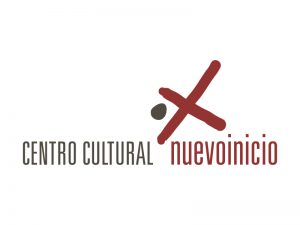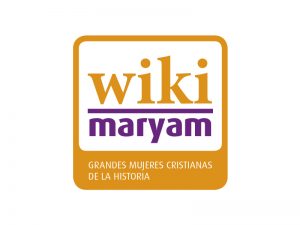Classical education
Classical education is based on the seven liberal arts: grammar, logic, rhetoric, (Trivium) and arithmetic, geometry, astronomy and music (Quadrivium)
A different educational method
Based on Charlotte Mason’s methodology, after reading the Great Books and placing all the learning in its historical and geographical context.
Accompanying the person and the family
The teacher as a guide, passionate about teaching, an inspiration for the students, a vivid example for them, who grows alongside them, accompanying each one of them during the entire process.
Christ is the centre
Christ is sovereign over everything and, as such, He must be an integral part of the educational curriculum and within the community.
A model of classical education
A model of classical education
Classical education believes in the value of confronting children and adolescents with the great books that throughout history have expressed the mysterious human adventure and trusts fully in their imagination and intelligence. It introduces them to the Socratic method, values friendship and belonging to a people as the place from which true interest in life and things emerges, and knows how to exercise authority at the service of the child’s growth in the use of his judgment, his freedom and his affections.
Classical education includes the cultivation of the 7 liberal arts.
TRIVIUM (“three ways or paths”): the literary part of the knowledge that contains the different literary disciplines:
GRAMMAR, science of the correct use of language that helps us to speak correctly.
LOGIC, science of correct thought that helps us to look for the truth.
RHETORIC, science of expression that teaches us to “colour” or decorate words.
QUADRIVIUM (“four paths”): scientific part of knowledge that encompasses four
scientific disciplines related to mathematics according to the Pythagorean division of:
ARITHMETIC, science that teaches us how to make numbers.
GEOMETRY, science that teaches us to calculate in space.
ASTRONOMY, science that teaches us to cultivate the study of the stars and movement.
MUSIC, science that teaches us to produce based on time.
Classical education believes in the value of confronting children and adolescents with the great books that throughout history have expressed the mysterious human adventure and trusts fully in their imagination and intelligence. It introduces them to the Socratic method, values friendship and belonging to a people as the place from which true interest in life and things emerges, and knows how to exercise authority at the service of the child’s growth in the use of his judgment, his freedom and his affections.
Classical education includes the cultivation of the 7 liberal arts.
TRIVIUM (“three ways or paths”): the literary part of the knowledge that contains the different literary disciplines:
GRAMMAR, science of the correct use of language that helps us to speak correctly.
LOGIC, science of correct thought that helps us to look for the truth.
RHETORIC, science of expression that teaches us to “colour” or decorate words.
QUADRIVIUM (“four paths”): scientific part of knowledge that encompasses four
scientific disciplines related to mathematics according to the Pythagorean division of:
ARITHMETIC, science that teaches us how to make numbers.
GEOMETRY, science that teaches us to calculate in space.
ASTRONOMY, science that teaches us to cultivate the study of the stars and movement.
MUSIC, science that teaches us to produce based on time.
Our Projects
Facilities
Chapel
Theatre
Library
Music and Audiovisual room
Arts classroom
Astronomy classroom
Socratic classroom
Laboratory
Technology workshop
Special needs classroom
School vegetable gardens
Gym
Rock climbing wall
Recreational areas
School dining room
Kitchen
Plaza de Gracia s/n. 18002. Granada
Contact
info@colegiosanfernandogranada.es
+34 681269767
958 267 563
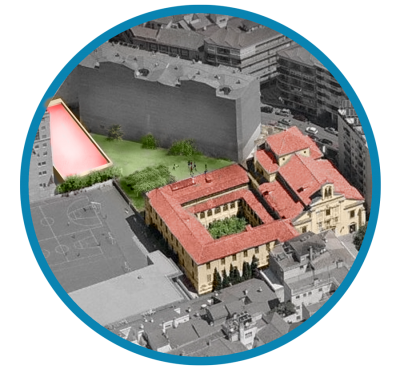
partners
